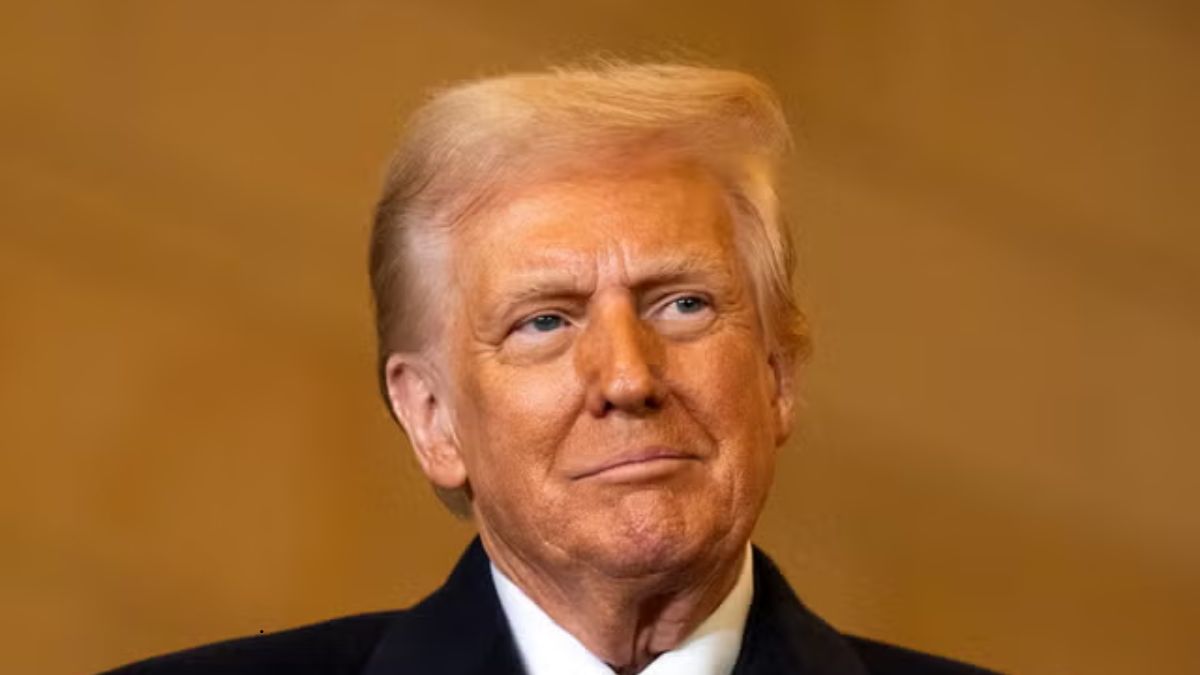Francois Villeroy de Galhau, Governor of the Bank of France and a key member of the European Central Bank (ECB) Governing Council, called the United States’ 90-day pause on reciprocal tariffs a “less bad” development, stating it marks “a start of economic reason” but falls short of good news.
Speaking on France Inter radio on Thursday, Villeroy said that while the move may offer some breathing space, Washington’s approach still contains two “bad ingredients”: unpredictability and protectionism. He noted that the unpredictability of trade policy remains a significant threat to global economic confidence and growth. Protectionism, he warned, ultimately backfires by raising prices for U.S. consumers and impeding U.S. growth more than it does Europe’s.
Villeroy’s remarks come in the wake of a sharp escalation in trade tensions, as former U.S. President Donald Trump raised tariffs on Chinese imports to 125%, up from the 104% duty announced earlier this week. The increase came after China retaliated with an 84% tariff on U.S. goods, up from its earlier 34% rate.
However, Trump also announced a 90-day pause on reciprocal tariffs for countries that have not retaliated and have reached out for negotiations. This temporary truce will involve a reduced 10% tariff during the period, offering relief to more than 75 countries including India, South Korea, Vietnam, and Japan. These nations will not be subjected to the full reciprocal rate while talks remain active.
Villeroy concluded his comments by noting that while France faces an economic slowdown, there is no sign of recession, and urged caution in interpreting deficit numbers amid broader global uncertainty.


